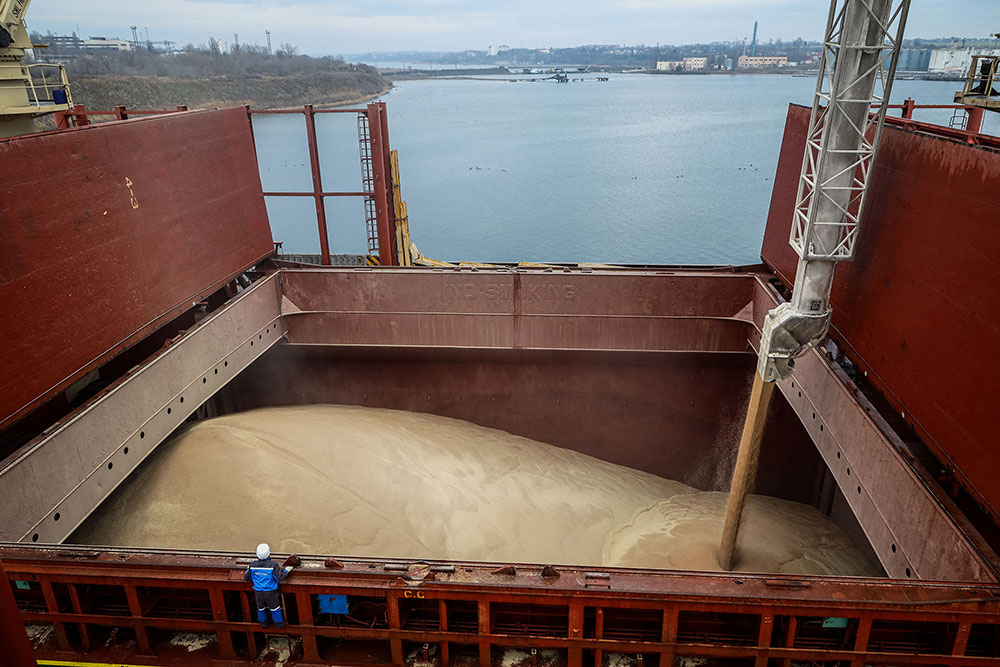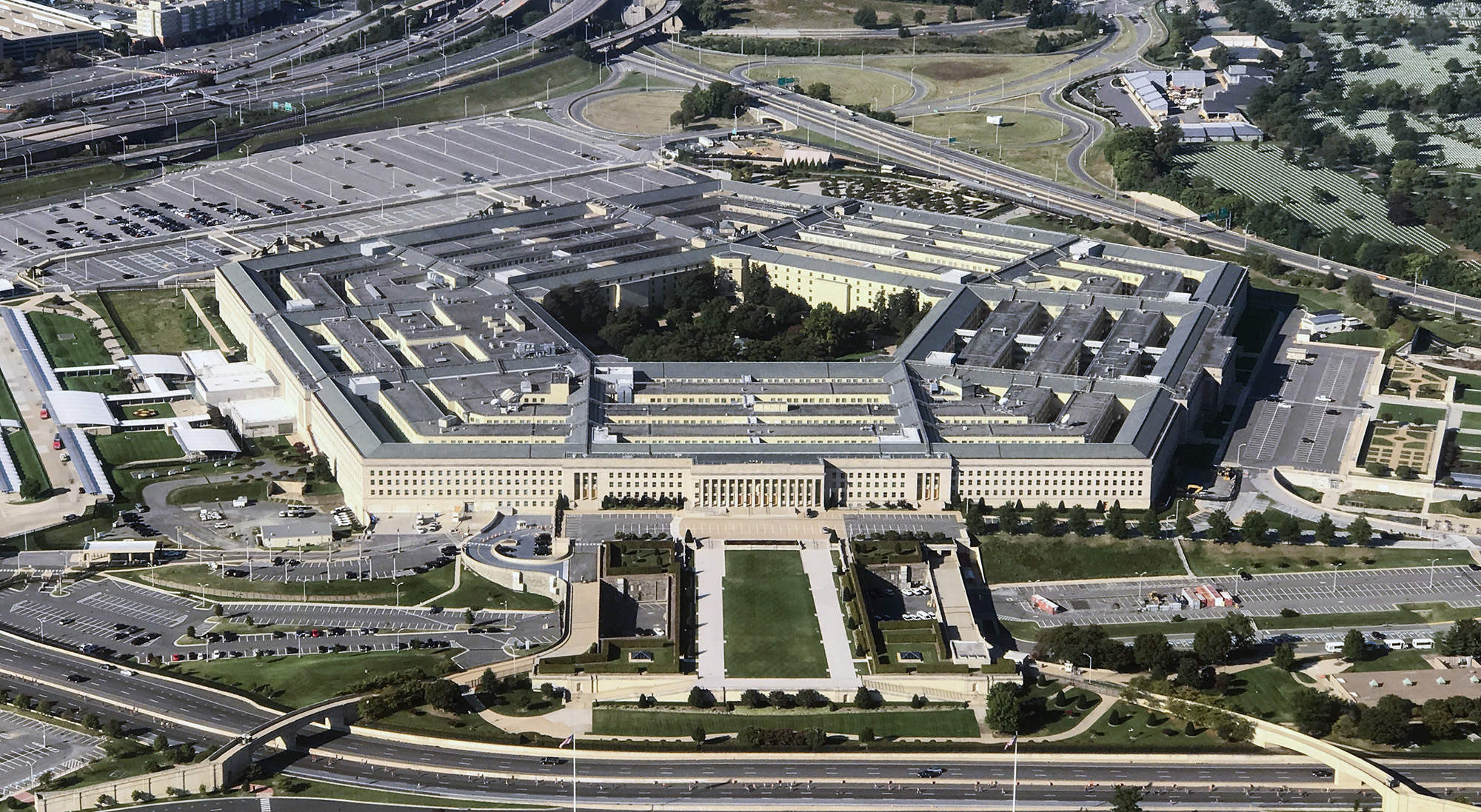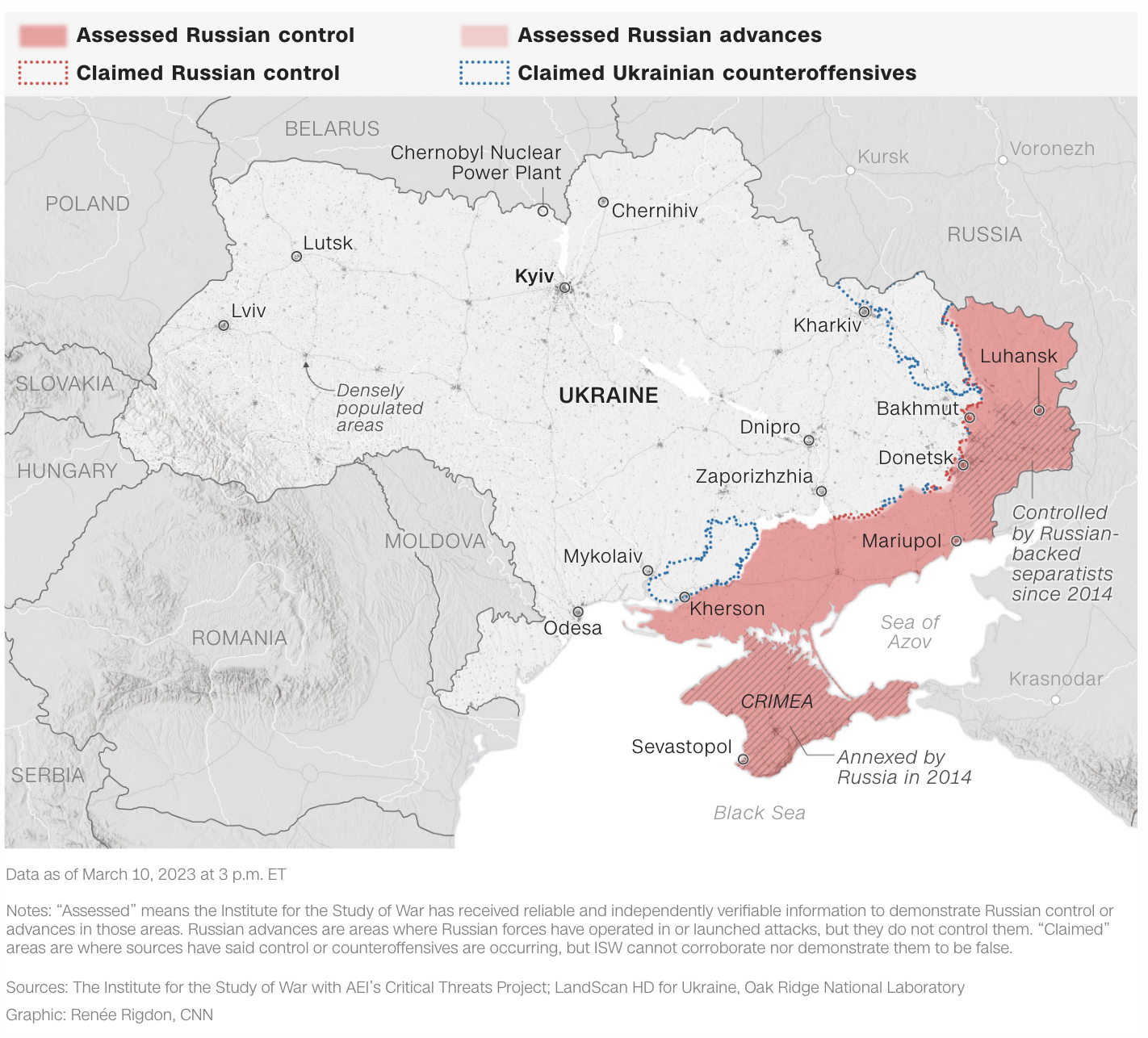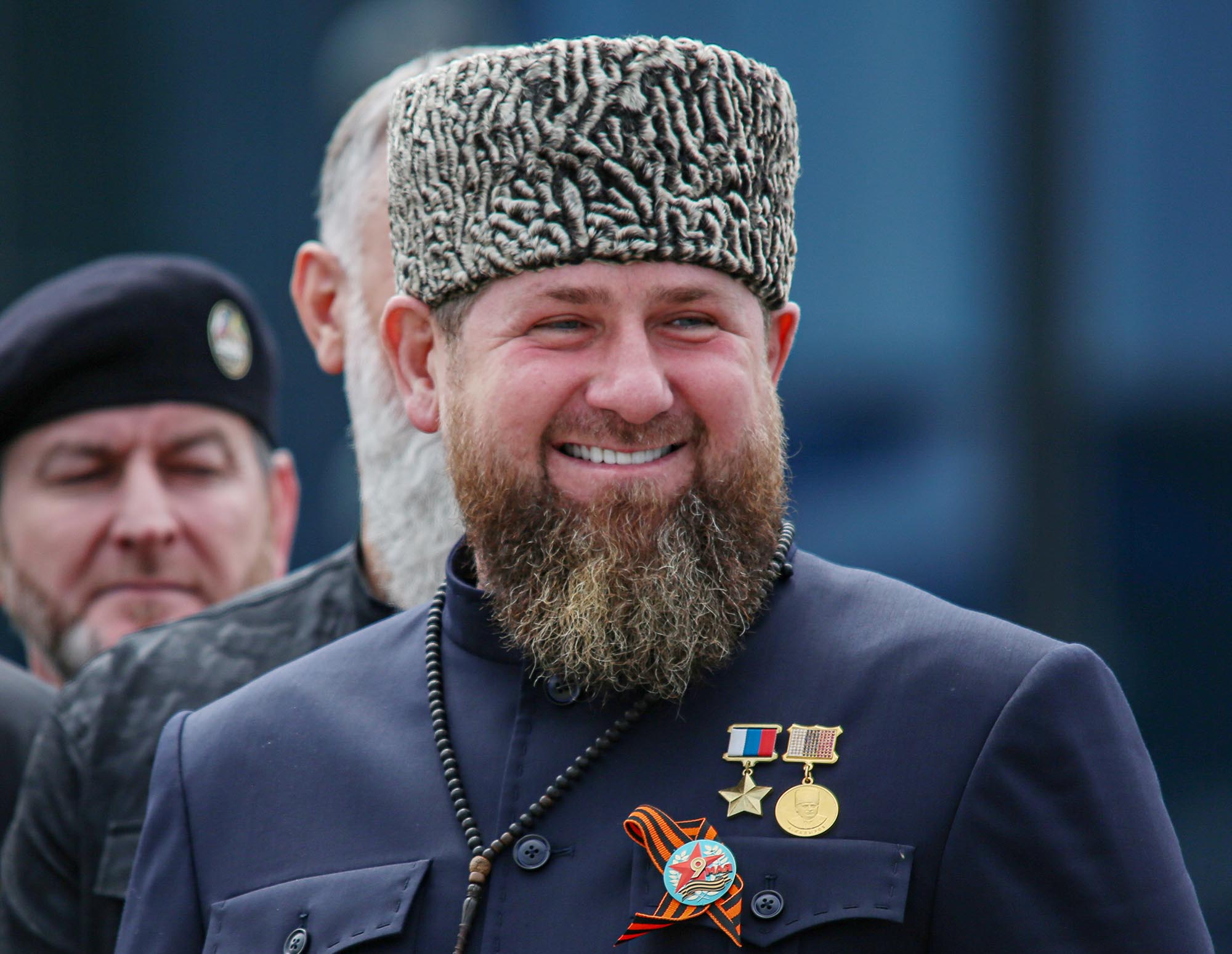Russia continues to be the “most acute threat” to the UK’s security, Britain’s government said in a review of its security approach published on Monday.
The report, called the “Integrated Review Refresh 2023,” announced an expansion in defense investment by 5 billion pounds (around $6 billion) over the next two years.
“What has changed is that our collective security now is intrinsically linked to the outcome of the conflict in Ukraine,” the review – which is an update on one published in 2021 – said.
In the long term, the UK would aim to increase its “baseline commitment of spending” on defense from 2% of GDP to 2.5%, the review said.
It said that China “poses an epoch-defining challenge to the type of international order we want to see,” and identified China’s “deepening partnership with Russia and Russia’s growing cooperation with Iran” as two developments of “particular concern.”
Regarding Russia, the review said that the UK’s objective would be “to contain and challenge Russia’s ability and intent to disrupt the security of the UK, the Euro-Atlantic and the wider international order.”
On China, the report announced a doubling of funding “to build China capabilities across government to better understand China and allow us to engage confidently where it is in our interests to do so.”
In response to the increase in defense spending, Tobias Ellwood, chair of the UK's Defense Select Committee, told Sky News on Monday that Russia and China “would be breathing a sigh of relief that we have not invested further in our armed forces at this time.”
Speaking to UK parliament about the report, British Foreign Secretary James Cleverly said that "on every continent of the world, the United Kingdom walks taller today than it has done for many years.”



